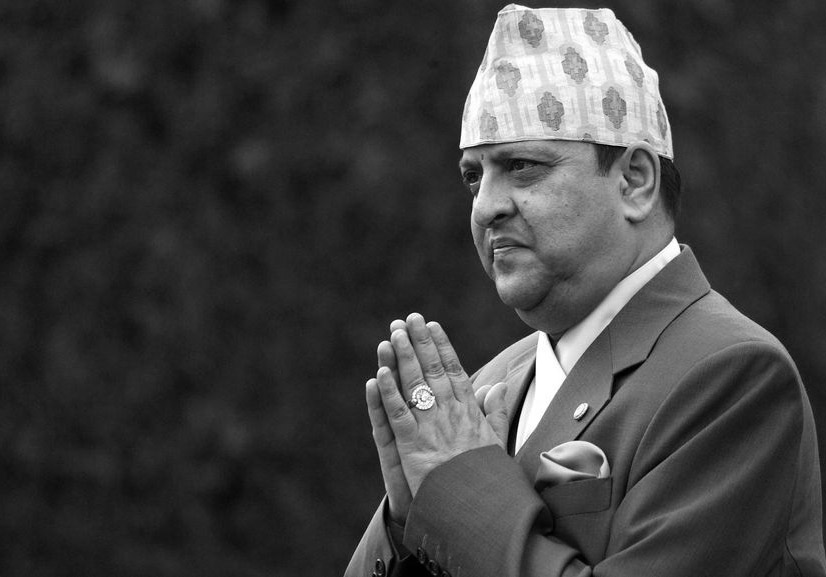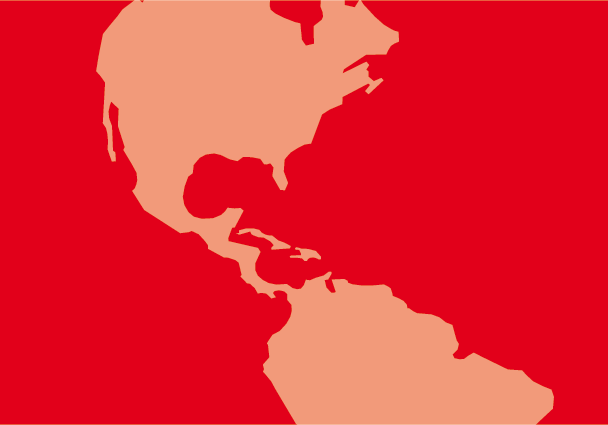
Maoist rebel abuses continue
Joint letter from the International Commission of Jurists, Amnesty International and Human Rights Watch to Prachanda, Head of the Communist Party of Nepal (Maoist).

Joint letter from the International Commission of Jurists, Amnesty International and Human Rights Watch to Prachanda, Head of the Communist Party of Nepal (Maoist).

The ICJ and other human rights groups today called on the international community to stand firm in its response to the human rights crisis in Nepal at the Commission on Human Rights.

King Gyanendra (photo) has abandoned the rule of law and deepened the conflict in Nepal since assuming direct power and suspending almost all rights under a state of emergency, said the ICJ.

The ICJ begins a four-day high-level mission today to assess the impact of the state of emergency on the human rights situation.
Focus will be on allegations of human rights violations perpetrated against human rights defenders, civilians and student and political leaders in Kathmandu and in the districts and to discuss with the government avenues through which to they could address the deepening human rights crisis. The Mission is led by ICJ Secretary-General Nicholas Howen.
Nepal is in the midst of a human rights crisis, marked by enforced disappearances, extrajudicial executions, torture and secret detention and impunity of the security forces. The Maoists have engaged in a pattern of violations of international humanitarian law, including summary killings of non-combatants and recruitment of child soldiers.
While in Nepal, the mission team will meet with senior government and army officials, the National Human Rights Commission, leading members of the bar, non-governmental human rights organisations, human rights victims and the diplomatic community.

The ICJ presents its preliminary conclusions on the current process of demobilization of paramilitary groups and on the consequences of the “democratic security” policy on human rights, the administration of justice and the rule of law.